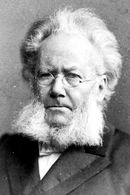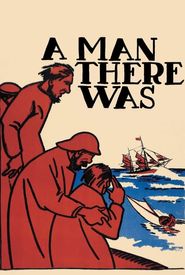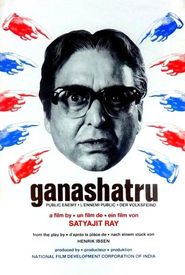Henrik Ibsen, a renowned Norwegian playwright and poet, was born on March 20th, 1828, in Stockmannsgerden, Skien, Norway, to Marichen and Knud, a merchant. His early life was marked by significant events, including his family's move to Venstop, a farm in Gjerpen, in 1835, where his father gave up his business. Ibsen's formal education began in 1843, when he confirmed in Gjerpen church and subsequently left home to apprentice with Jens Aarup Reinmann, a chemist. During this period, he also became a father for the first time, with the birth of his first son in 1846.
Ibsen's writing career took off in the late 1840s, with the publication of his play "Cataline" in 1849. The following year, his one-act play "The Burial Mound" was performed at the Cristiania Theater, marking the first Ibsen staging in history. In 1852, he began directing productions at Det norske Theater in Bergen, a role he would continue for the next 25 years.
Throughout the 1850s and 1860s, Ibsen wrote numerous plays, including "St. John's Night", "Lady Inger", "The Feast at Solhoug", "Olaf Liliekrans", "The Vikings at Helgeland", "Love's Comedy", "The Pretenders", "Brand", "Peer Gynt", "The League of Youth", "Emperor and Galilean", and "Pillars of Society". He also wrote several poems, such as "Life on the Upland", "Terje Vigen", and "Balloon Letter to a Swedish Lady".
In 1858, Ibsen married Suzannah Thoresen, and a year later, his second son, Sigurg, was born. The 1870s saw Ibsen's creative output continue to flourish, with the writing of plays such as "A Doll's House" (1879),"Ghosts" (1881),"An Enemy of the People" (1882),"The Wild Duck" (1884),"Rosmersholm" (1886),"The Lady from the Sea" (1888),"Hedda Gabler" (1890),"The Master Builder" (1892),"Little Ejolf" (1894),"John Gabriel Borkman" (1896),and "When We Dead Awaken" (1898).
Ibsen's later years were marked by personal and professional triumphs. In 1898, he celebrated his 70th birthday with large-scale celebrations in Christiania, Copenhagen, and Stockholm. However, his life was also marked by challenges, including a stroke in 1900 and his eventual death on May 23rd, 1906.




























